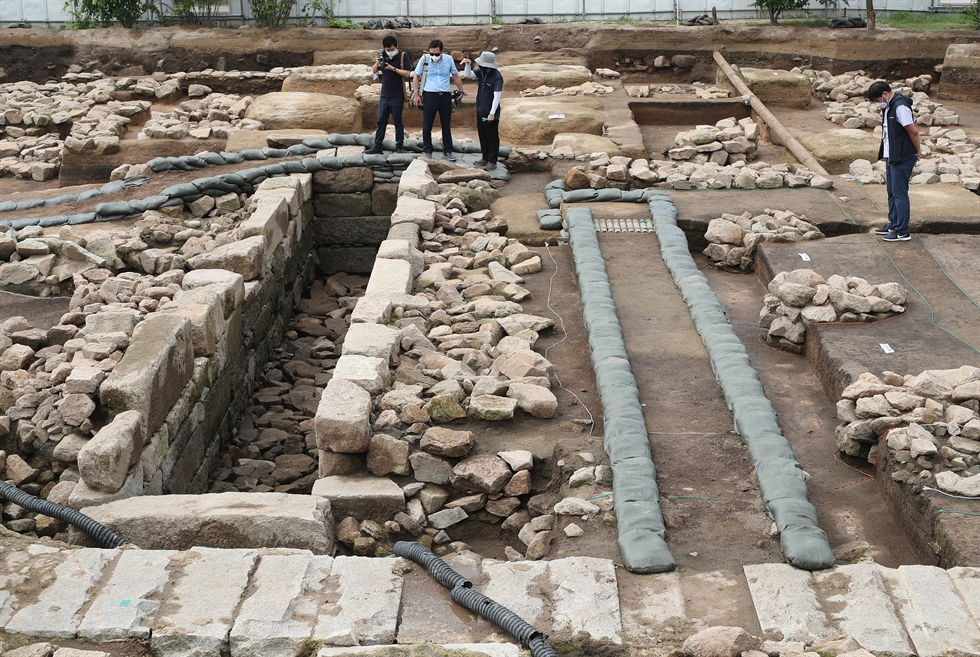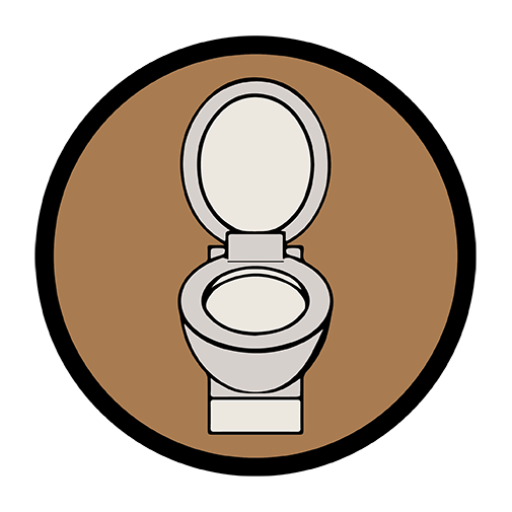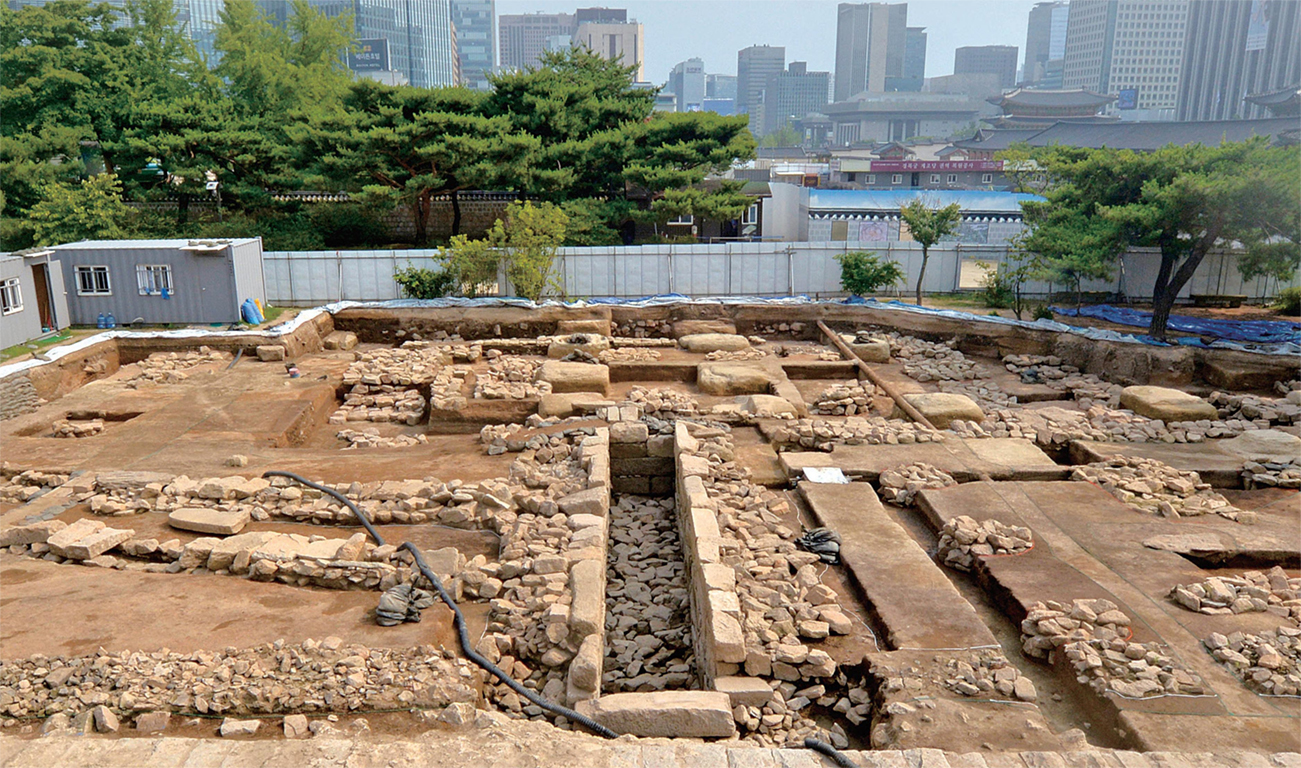The bathroom already had a purification facility
The following photo, released by the Ganghwa National Research Institute of Cultural Heritage, shows the ruins of a public toilet at Gyeongbok Palace in Seoul. Apparently, the public toilet had an advanced purification facility; it’s presumed to have been built about 150 years ago and was discovered at a Joseon Dynasty (1392–1901) palace in Seoul, as reported by a government agency.

According to the Ganghwa National Research Institute of Cultural Heritage, the toilet ruins, which take the form of a rectangular stone pit measuring 10.4 meters in length, 1.4 meters in width, and 1.8 meters in height, were discovered at Gyeongbok Palace in the center of the capital.
The remains were found in the south area of the crown prince’s residence, called Donggung, of Gyeongbok Palace, the first and largest of Joseon’s royal palaces, the agency said.
It was the first time that toilet ruins had been discovered inside a Joseon Dynasty palace.
The institute assumed that the public toilet was built in 1868 and used by around 150 low-ranking officials, court ladies, and soldiers guarding the palace for about 20 years. It explained that several Joseon documents, palace maps, and the discovery of parasite eggs, cucumber, eggplant, and perilla seeds from the soil indicate the remains were a toilet.
The institute noted that traces of a purification facility similar to a modern septic tank were found at the ruins, and both the floor and walls seemed finished with stone to prevent excrement from leaking out.
However, the institute said it failed to find how water got into the toilet due to damage at the entrance.
“A large palace toilet with a purification facility was unprecedented 150 years ago. It is meaningful in that our country’s unique and excellent technology was applied”, said an institute official.
Source koreaherald.com

